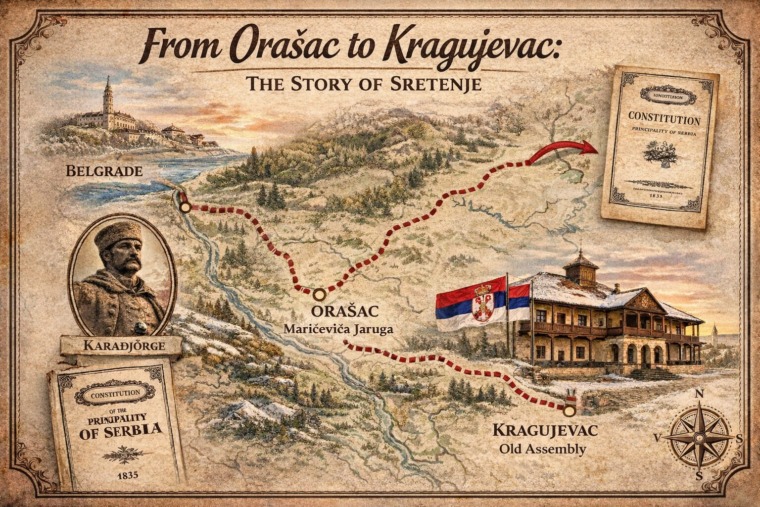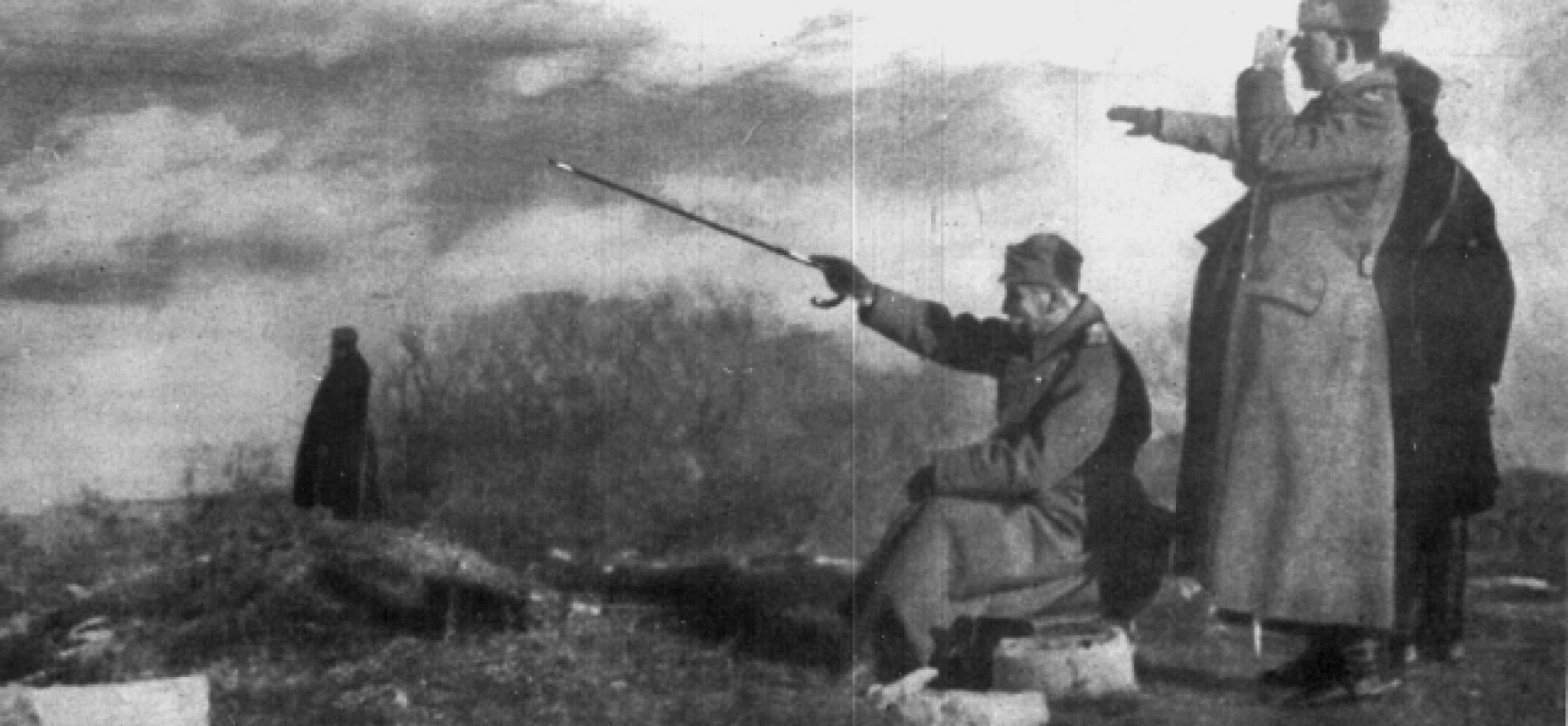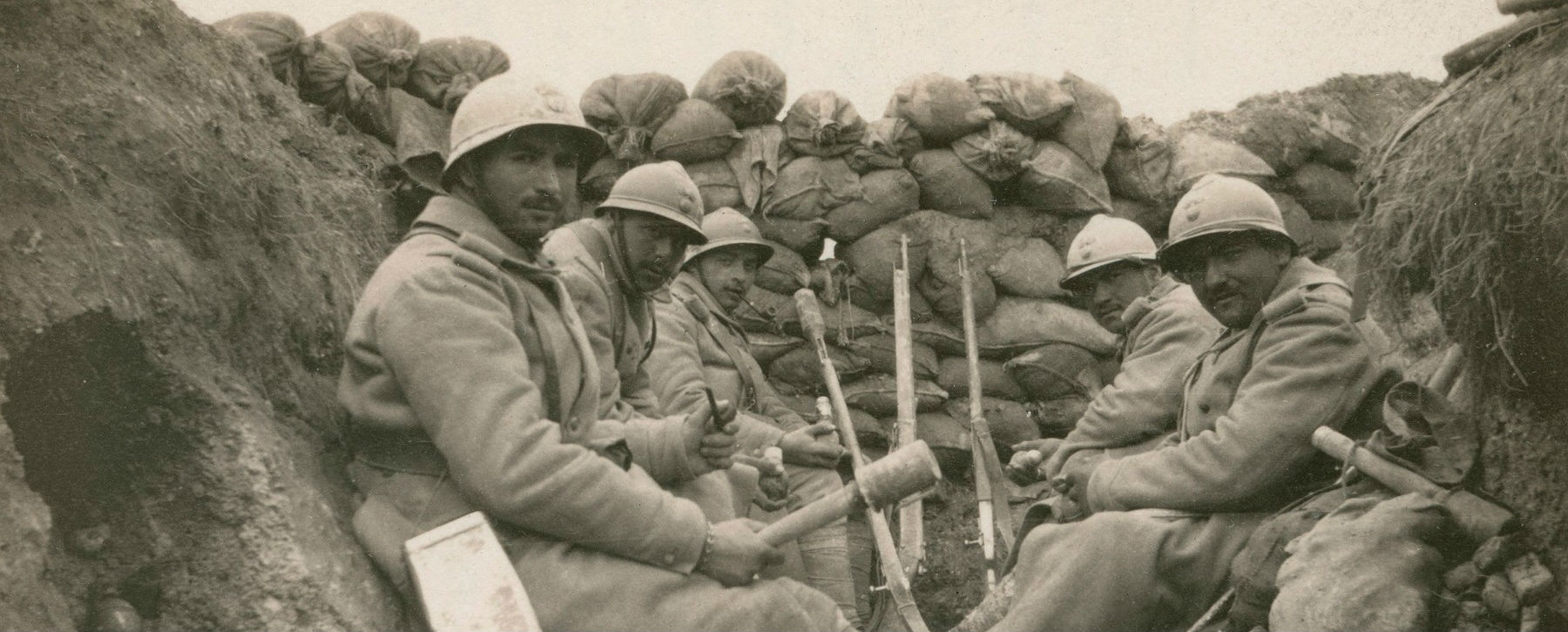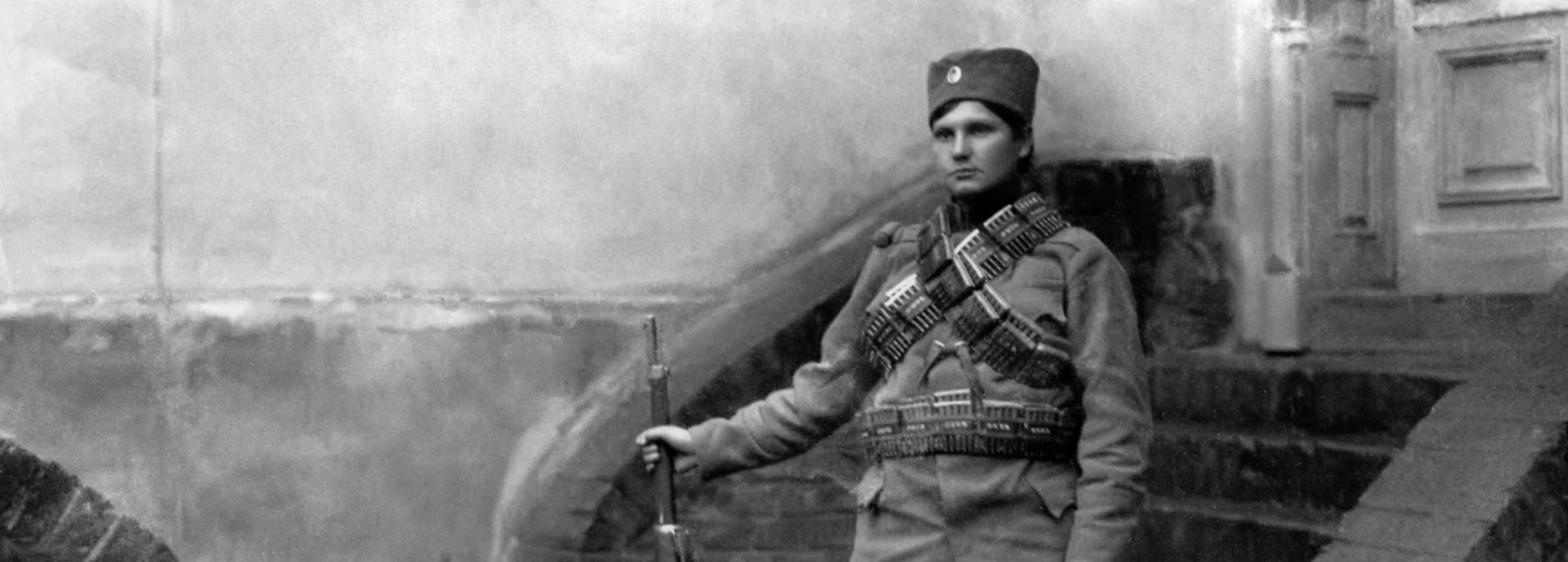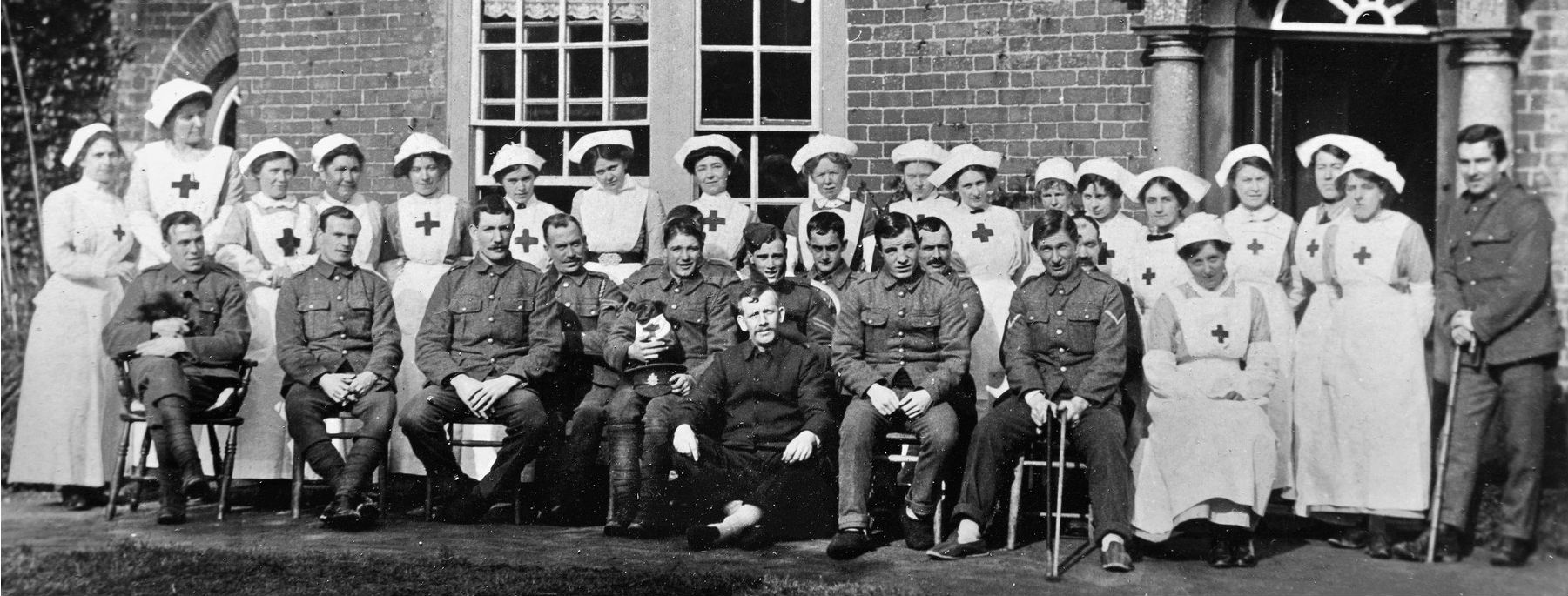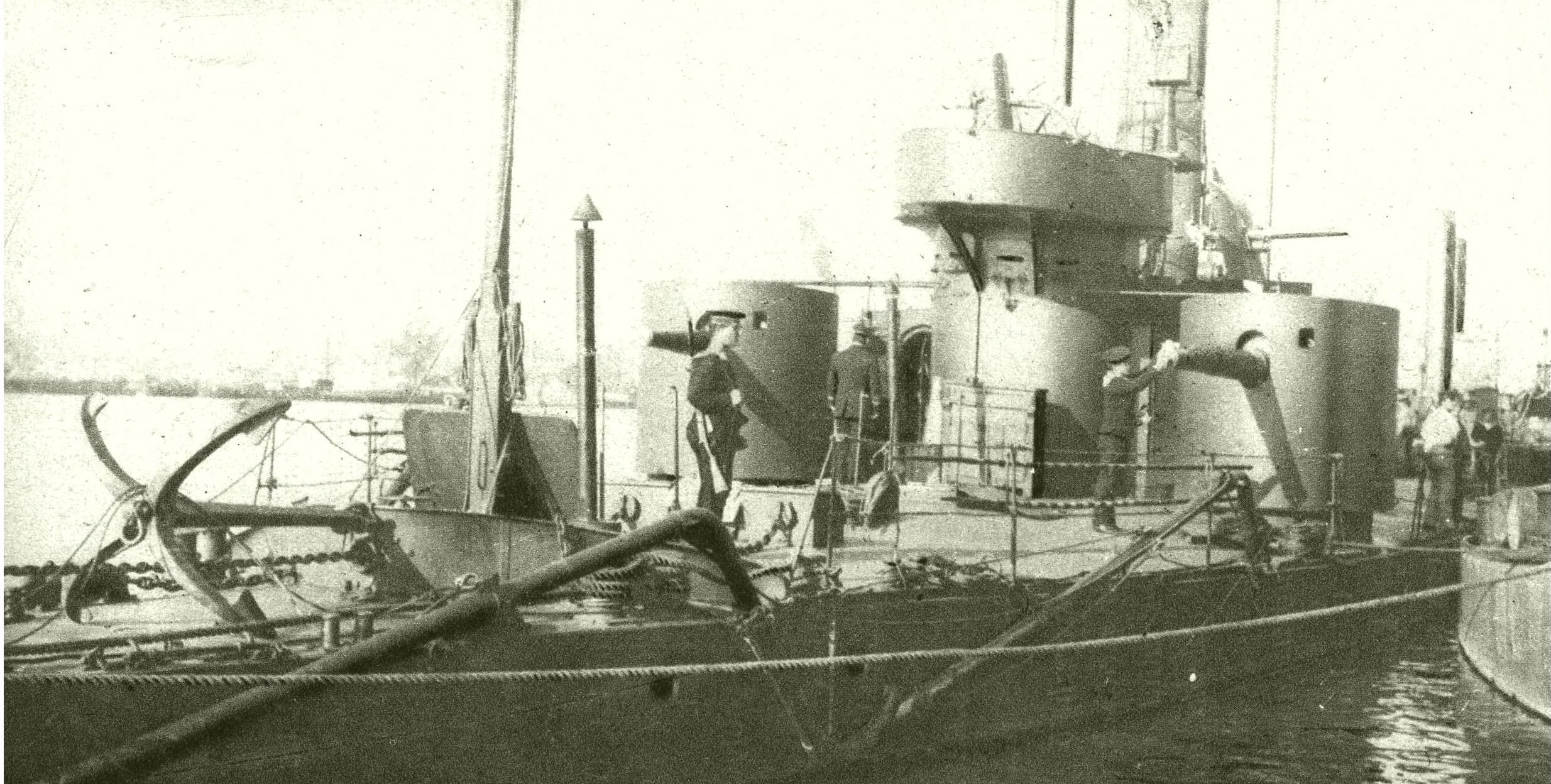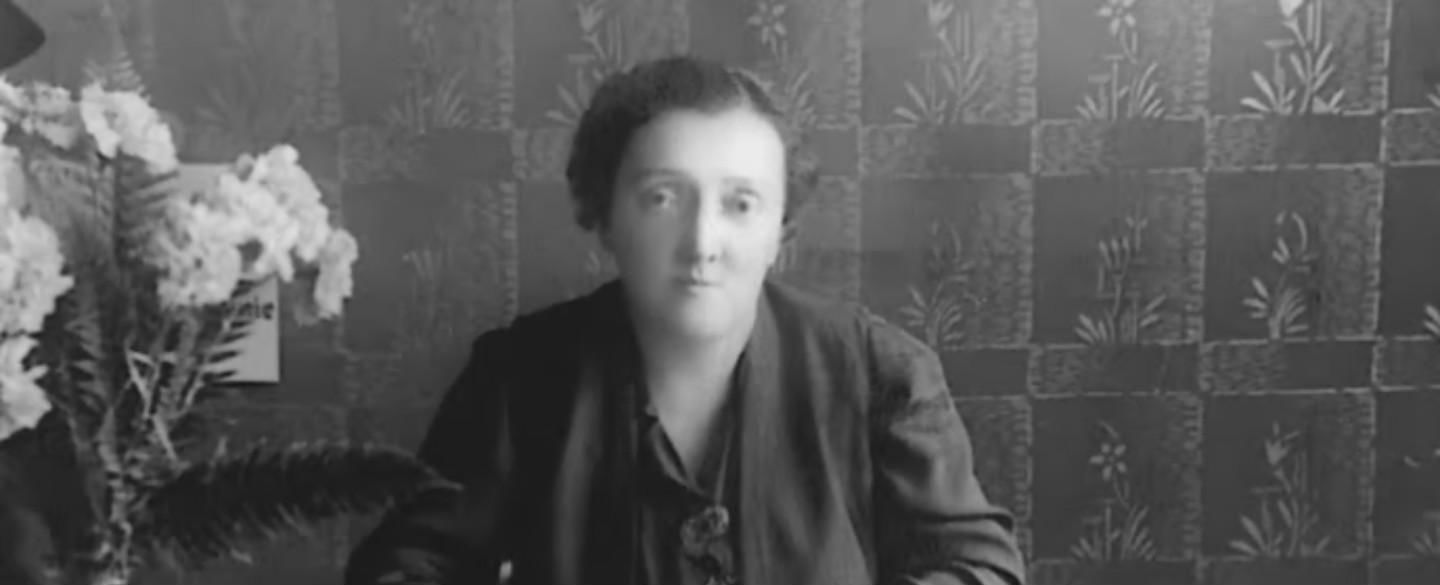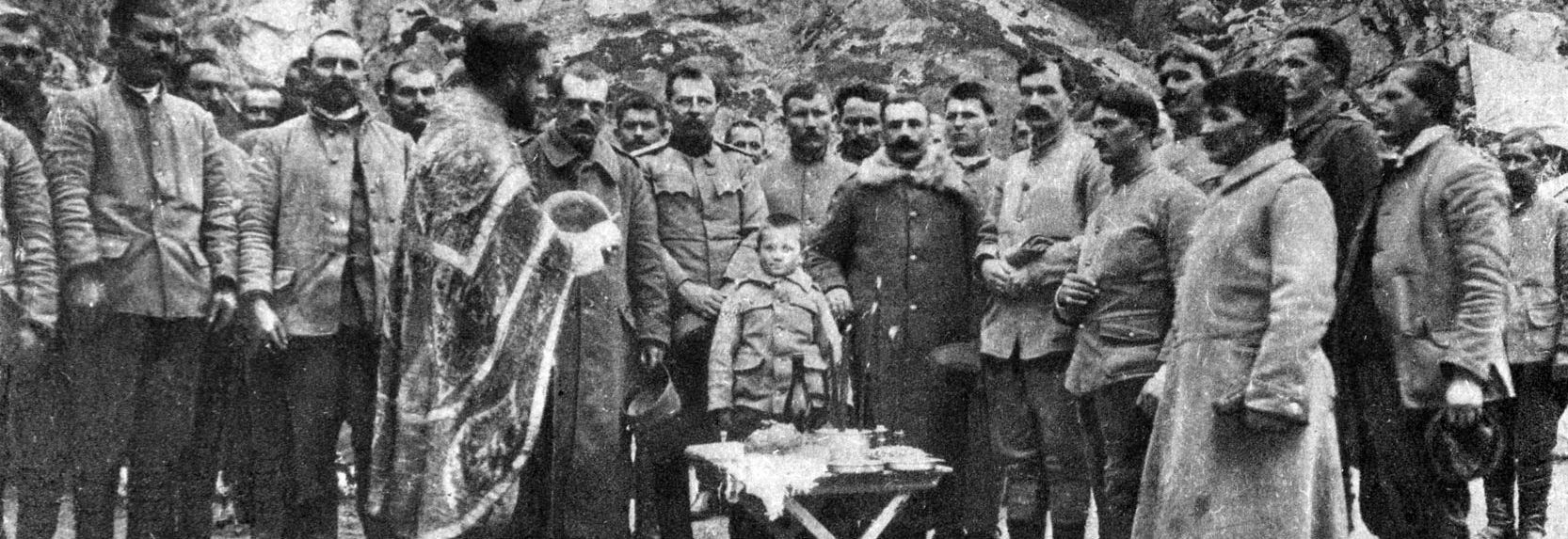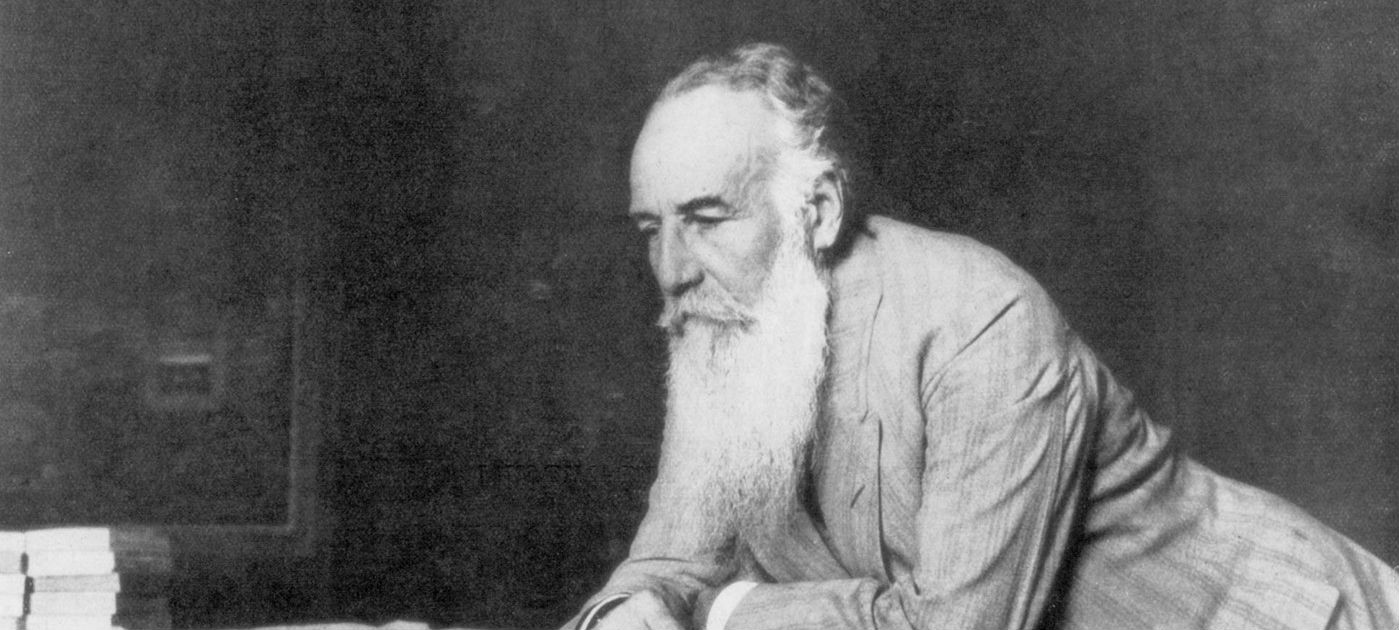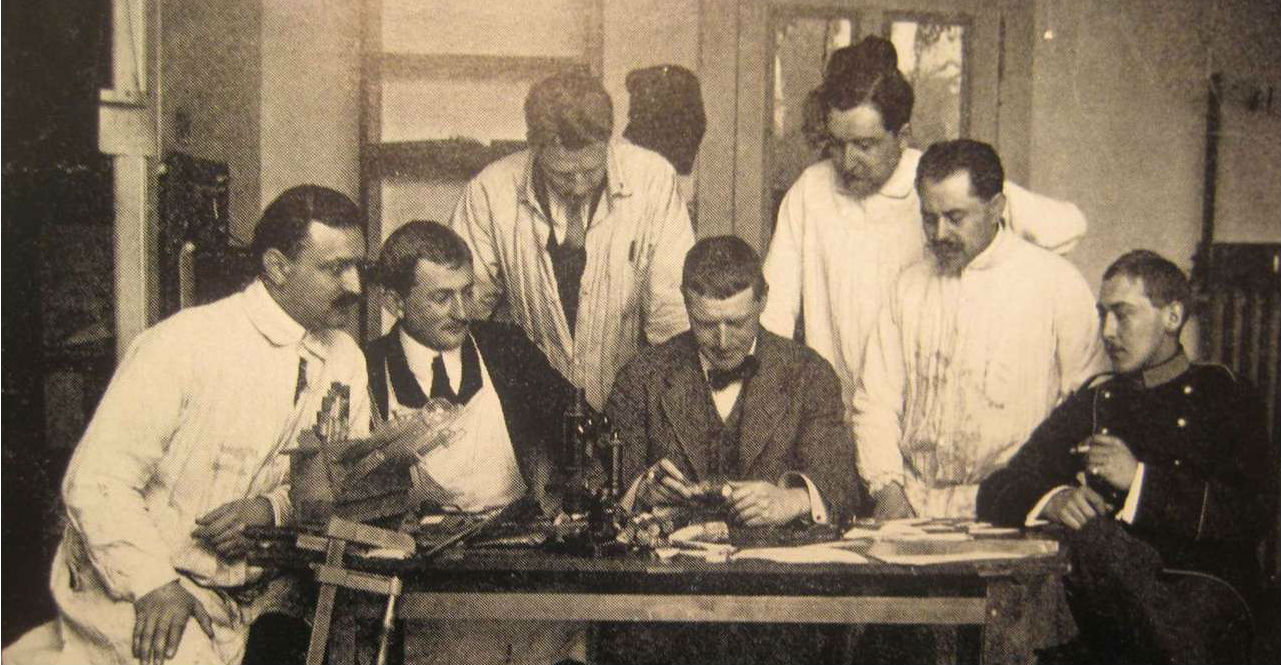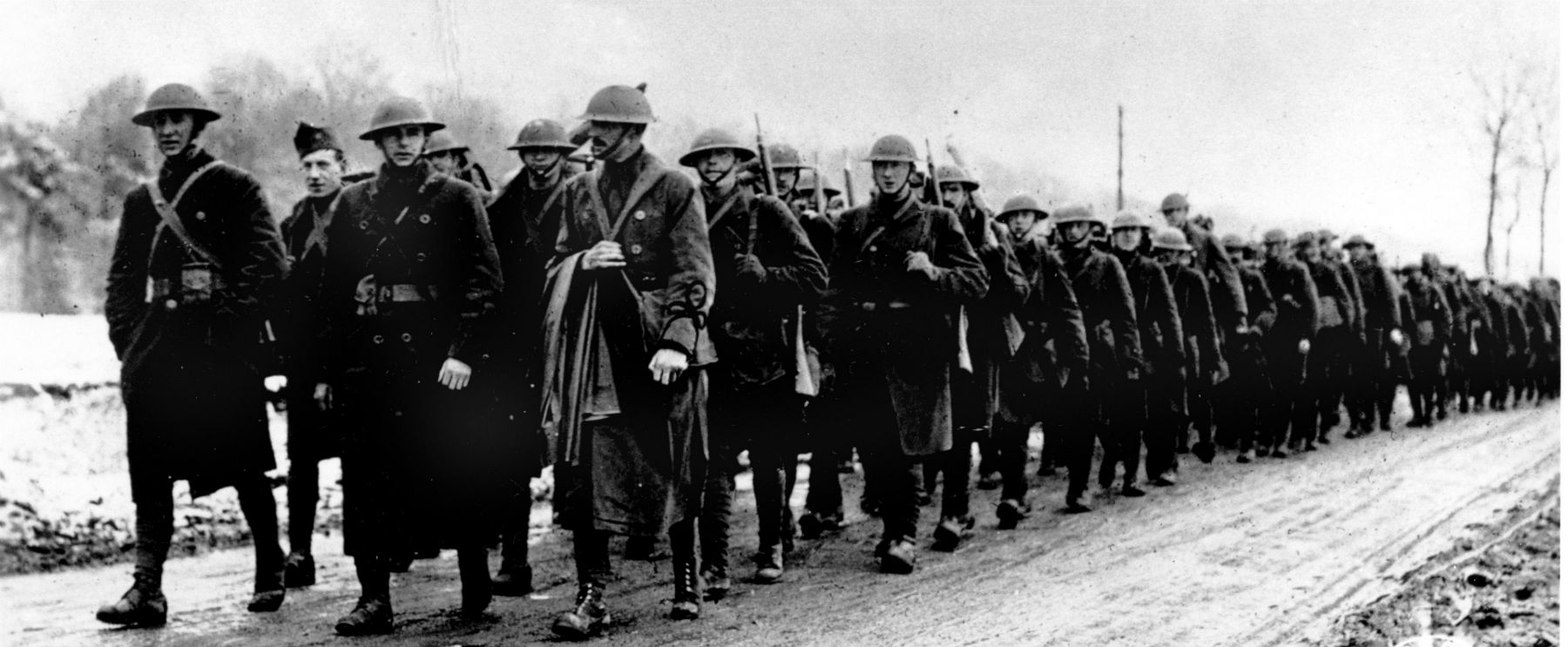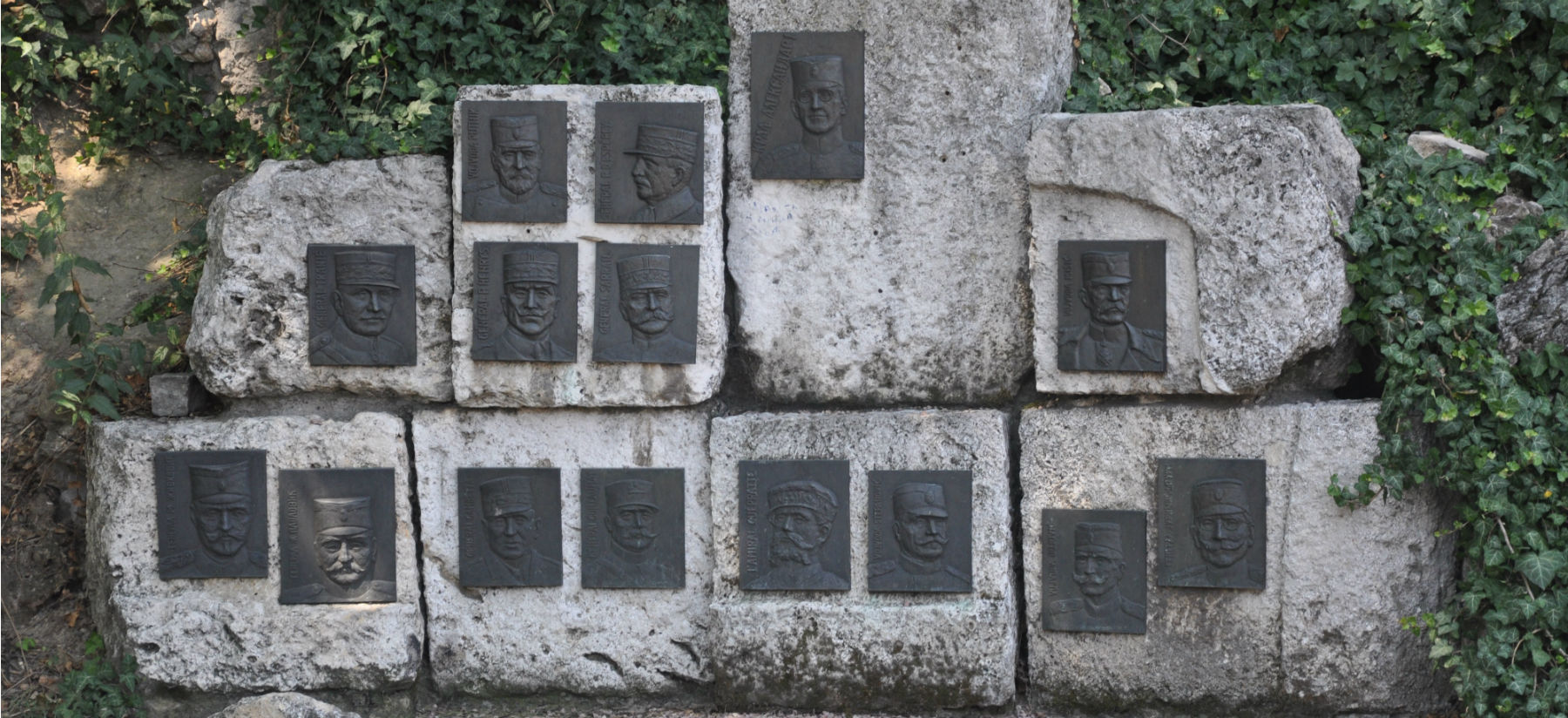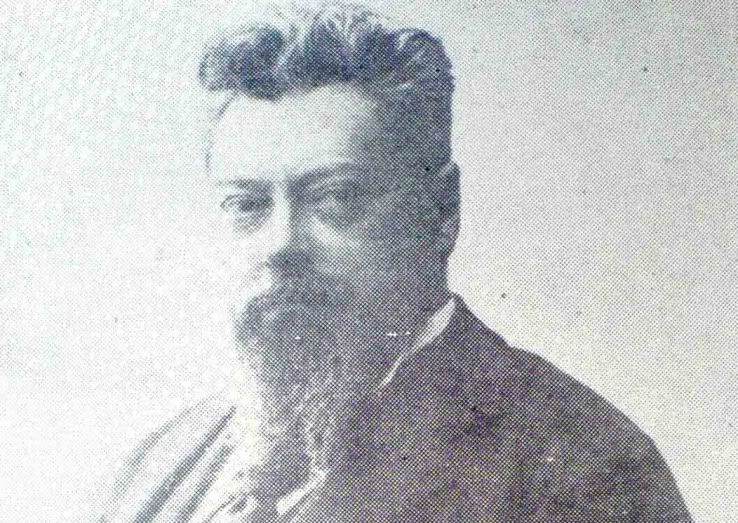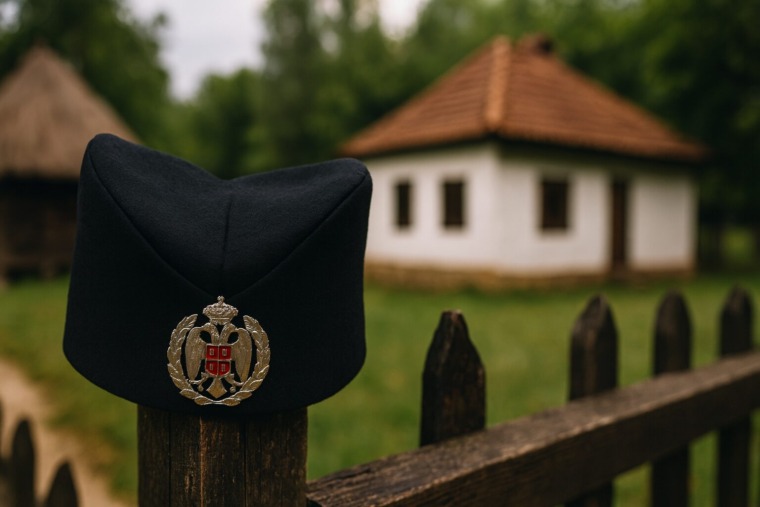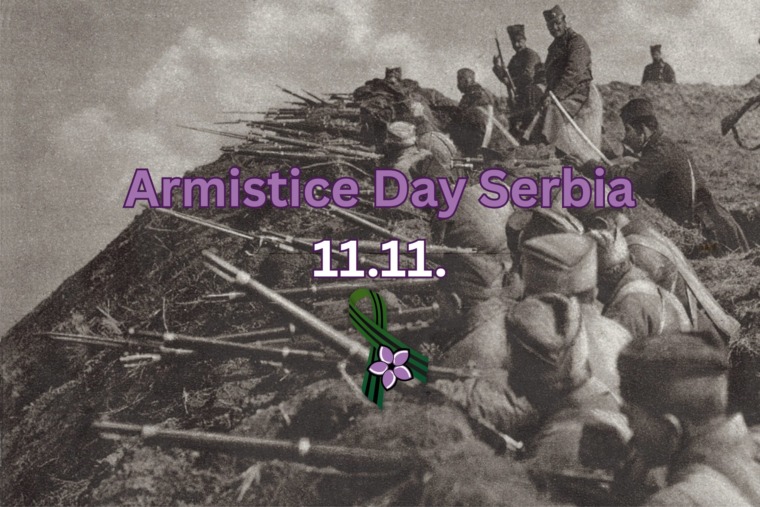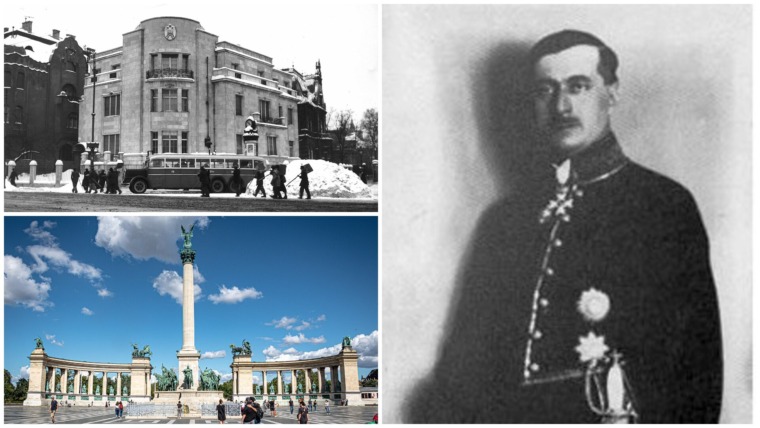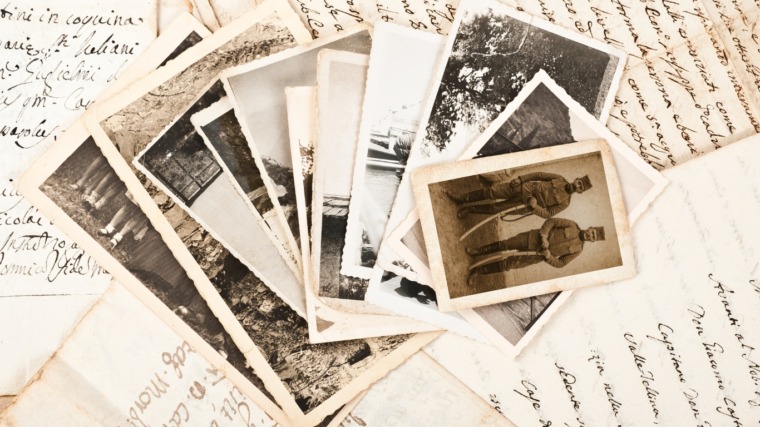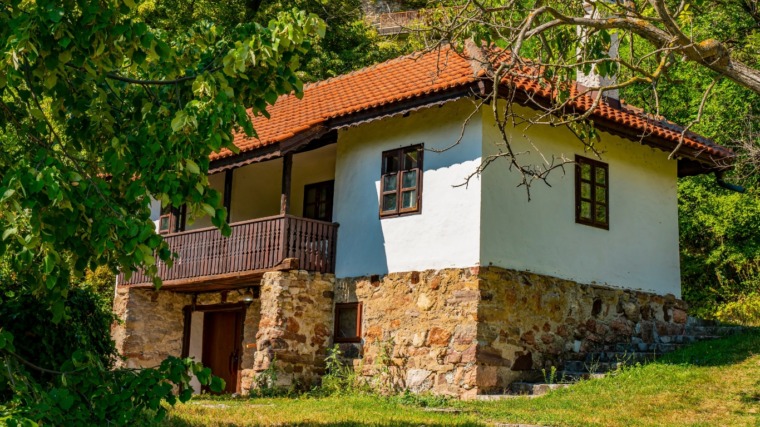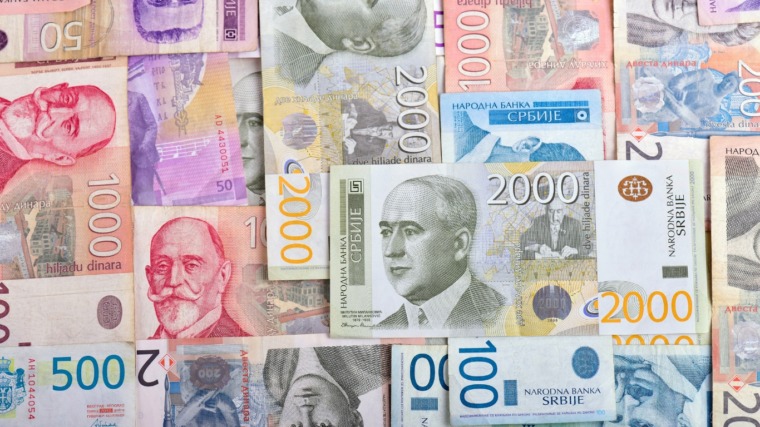Lady Paget was an English noblewoman and a humane Serbian supporter who treated the wounded in the Serbian army in the Balkan Wars and the World War I. After the World War II ended, her home in London became a meeting place for the Serbian political refugees. She financially helped the setup of the Serbian church and the Serbian club in London.
Lady Leila Paget grew fond of the Serbs during her stay in Belgrade while her husband, the British representative in Serbia, was positioned there. Her humane side this English Dame exposed during the Balkan Wars, when she, along with the English doctors, established a military hospital in Belgrade, and dedicated herself to treating the wounded in the Serbian army as a volunteer nurse.
The beginning of the Great War found Lady Paget in London. Even though she was safe there, the noble Lady couldn’t “sit on her hands” while “her Serbs” are at war. That’s why she, disregarding the advice from her husband and her father, as early as November, headed for Skopje, through Solun, with a large British medical mission.
She attended the funeral of the King Aleksandar Karađorđević The King Aleksandar Karađorđević was killed on the 9th of October 1934 following an assassination in Marseille. Accidentally, on that same day, Lady Paget celebrated her 53rd birthday. Lady wanted to pay her last respects to the first Yugoslavian king, so she traveled to his funeral. That was also the last time this brave and humane woman visited Serbia.
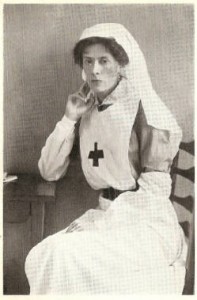 Typhus had already spread through the military hospital in Skopje, while Lady Paget helped soldiers with such devotion that she herself contracted this ferocious disease. After some difficult days of struggle, Lady ultimately got better and in May traveled to Switzerland for recovery. Already in July she was back in Skopje where she ran the hospital and made a gesture that Serbia would never forget. The Serbian army was starting to retreat through Albania, while Lady Paget, regardless of the advice and pleas from her closest friends and family to walk away with the army, nevertheless, stayed with the wounded who were unable to evacuate.
Typhus had already spread through the military hospital in Skopje, while Lady Paget helped soldiers with such devotion that she herself contracted this ferocious disease. After some difficult days of struggle, Lady ultimately got better and in May traveled to Switzerland for recovery. Already in July she was back in Skopje where she ran the hospital and made a gesture that Serbia would never forget. The Serbian army was starting to retreat through Albania, while Lady Paget, regardless of the advice and pleas from her closest friends and family to walk away with the army, nevertheless, stayed with the wounded who were unable to evacuate.
Skopje was at that time under Bulgarian occupation. The fearless Lady stayed in Skopje under those circumstances until the last soldier left the military hospital in Skopje. After that Lady Page returned to England and dedicated herself to her second love, nature. However, before she left, she felt the need to say goodbye to her Serbs with a letter that was published on the first page of “Politika”, where, among other things, she said: “I have always had warm sympathies towards Serbia and Serbian people, and there was always some kind of a specific bond between them and me, that made me think of them with love, even when I’m far away from them, a bond that made me come to Serbia with the same amount of joy as when I went to my homeland. Once again, and truly, thank you all, and see you soon.”
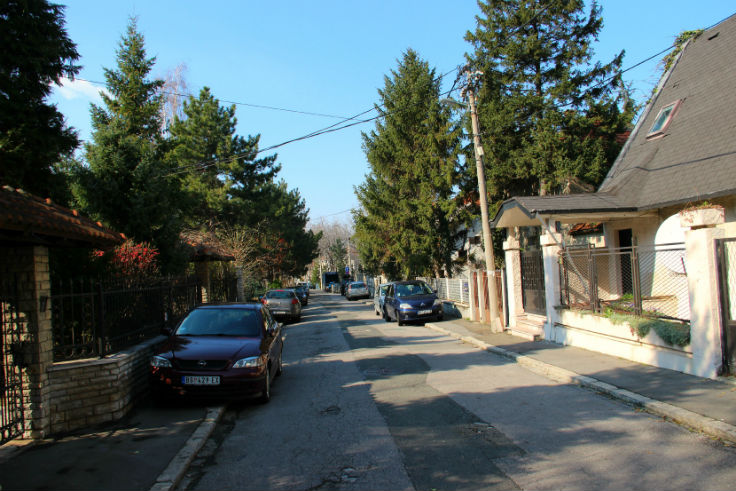
On her estate, not far from London, she lived peacefully, breeding birds and flowers until that peace was disturbed by the World War II. The Lady established a hospital in her home, and when the war ended, her home became a meeting place for the Serbian political refugees.  There is information that she helped Miloš Crnjanski receive English citizenship.
There is information that she helped Miloš Crnjanski receive English citizenship.
He was also one of the many Serbs Lady Paget hosted in her house. Nearing her life’s end she had only one fear – that her Serbs would forget her. “Should it happen that everyone forgets me, I wouldn’t care! But I would not take it lightly should my Serbs forget me!” She was awarded the Dame Grand Cross of the Most Excellent Order of the British Empire and the highest Serbian medal, the Order of St. Sava. Belgrade will always remember Lady Paget by the street on Dedinje that has her name.
The article supported by The Office for Cooperation with Diaspora and Serbs in the Region.
Related Articles

Interesting Facts About Sretenje You May Not Know
February 16, 2026